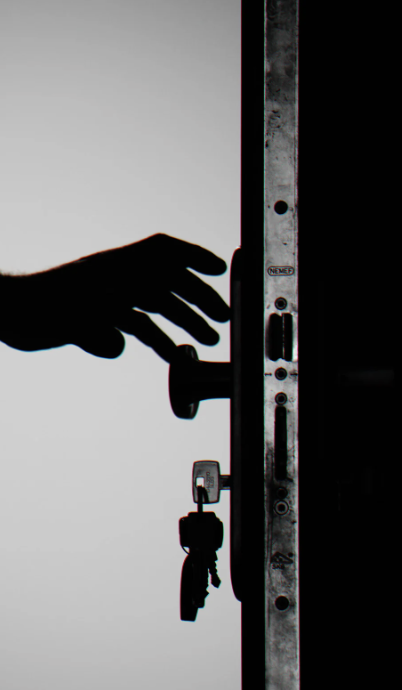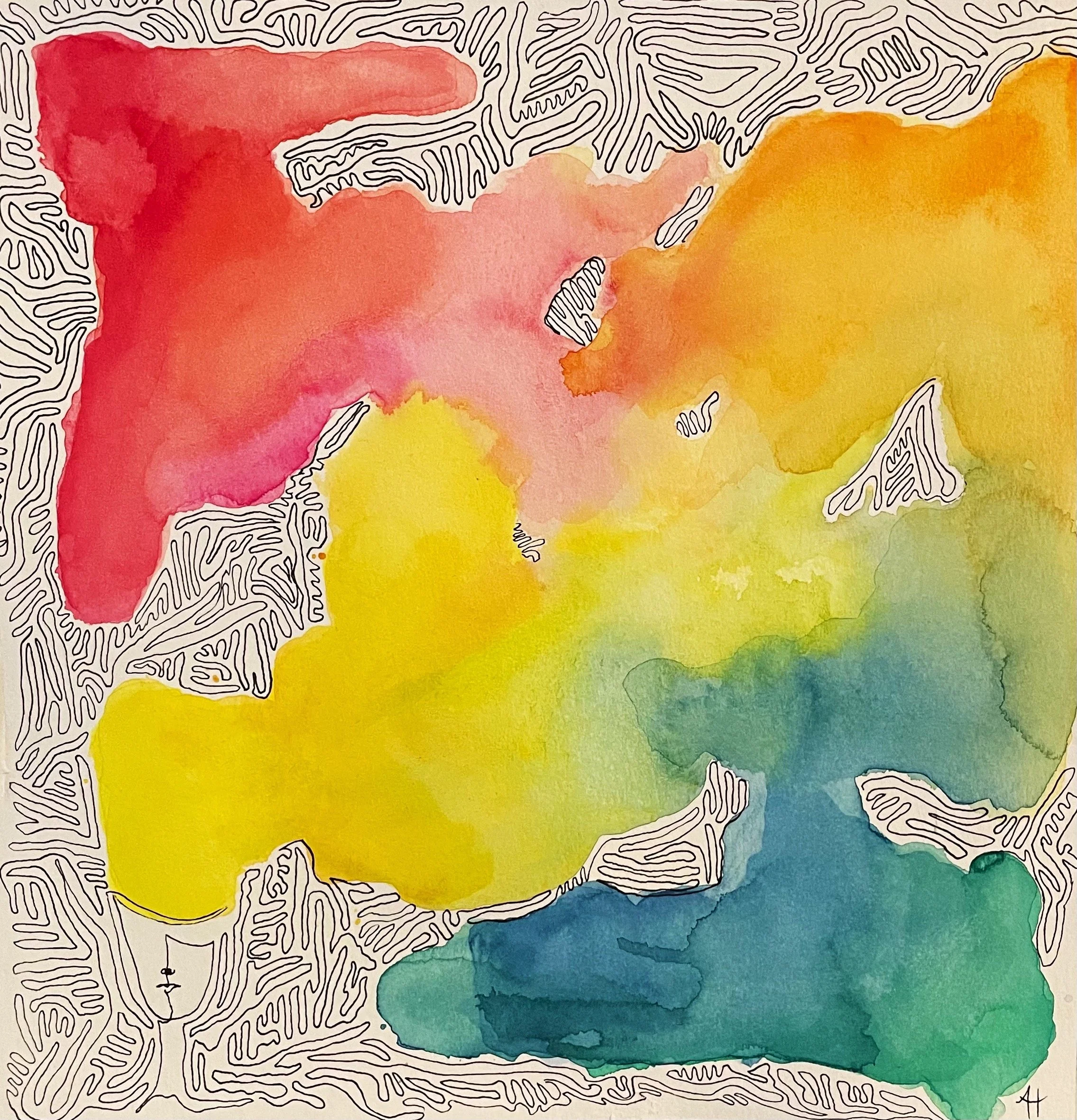Parts of You: Meeting Your Protectors & Creating Balance Within
Written by Autumn Horn, MS, ATR-P, LPC-IT
Autumn Horn, Parts. Collage
If you have been following along with the Internal Family Systems (IFS) blog series, you know that we each carry many parts within us. These parts can be your Self, protectors, and exiles. They make up the inner voices, feelings, and perspectives that shape our experience of the outside world. In this blog, we will be meeting our protectors and gaining more understanding of their role in the internal family.
What Are Protectors?
Protectors are parts that take over in shielding us from emotional pain, often without us even realizing it. Protectors take over the Self, the calm, compassionate core of who we are, because the Self is precious, and they want to uphold its unique, innate qualities (Schwartz, 2023).
In IFS, there are two types of protectors: managers and firefighters. While their strategies are different from each other, their goal is to prevent exiles from overwhelming us (stay tuned for the next IFS blog post to learn more about exiles!).
Before we jump into more details about our protectors, it is important to remind ourselves that all parts are good, they are just stuck in bad roles. By listening and understanding their stories, protectors can take on healthier, supportive roles within the inner family.
Managers: The Day-to-Day Controllers
Managers can be described as controlling, demanding, and disciplined. They are usually anticipating and checking the outside world for ways to minimize the chances of exiles being triggered. They monitor our routines. They seek and maintain control. They interpret the world for us and create the narratives we live by (Schwartz, 2023).
In some ways it is great for managers to have control because it can give us a sense of sense and comfort. However, when they can try to control too much causing ourselves to be rigid and less flexible. They can try to dictate our “appearance, performance, emotions, and thoughts” (Schwartz, 2023, p. 107).
Common manager roles include
Inner Critic - Sets high expectations and judges harshly when they aren’t met.
Approval Seeker - Constantly scans how others perceive us to ensure we fit in with society, culture, or family network.
Caregiver - Prioritizes others’ needs while neglecting our own.
Pessimist - Negative voice inside our head that says “I told you so” when something goes wrong.
Managers tend to believe that without their constant control, the internal system will fall apart, emotions will spiral, and the Self will be damaged. Many managers have “sacrificed their enjoyment of life to protect the rest of our system” (Schwartz, 2023, p. 118). Managers in their less healthy roles can be controlling and rigid. However, as they build trust in Self-Leadership, they can become calm, compassionate leaders who organize effectively and act as allies.
Firefighters: The Reactive Responder
Sometimes, no matter how hard a manager might work, exiles and their emotional pain become exposed. That's where firefighters come into the inner system.
Firefighters are impulsive and reactive. They do whatever it takes to calm down the exiles and allow the managers to take back over the internal system.
Firefighters tend to act in “more drastic and less acceptable” ways than managers do (Schwartz, 2023, p.119). These actions might include:
Big reactions: Rage, self-harm, suicidal thoughts or behaviors
Escapes: alcohol, drugs, dissociation, binge-watching, sleeping excessively
Numbing/Distraction: Anger, confusion, compulsive behaviors
While their methods feel chaotic and may impact others, their purpose and intentions are still to protect the Self. Just like managers, firefighters can transform. Their roles can change to become full of passion, motivation, and drive.
Listening & Understanding Protectors
IFS is a way to explore our inner worlds, bring a voice to our protectors (and exiles too), rebuild trust, and allow them to take on healthier roles within the internal system.
Through therapy, artmaking, and self-reflection, the Self can witness the stories of these protectors. By making space for the protectors to share their stories, they can share their thoughts, feelings, and challenges of their burdened role. As protectors begin to trust the Self’s leadership again, they can take a step back and allow the Self to lead with its innate qualities of calmness, clarity, compassion, and courage (Schwartz, 2023).
Our protectors, managers and firefighters alike, are devoted parts in our internal system, even if their methods sometimes create struggle or disconnection. When we meet them with curiosity and love, we open the door to change and invite every part of us to work together in harmony.
I invite you to take a deep breath, close your eyes, and take a moment to listen to your inner system.
Are there any managers or firefighters speaking to you? Ask the part to share what it wants you to know about itself. Continue to listen to the story it shares with you, using your curious and compassionate Self.
If it feels right, use art materials to explore this part further using color, texture, and shapes to create a self-portrait of the part. Focus on giving your part a voice in a new way!
Curious about how art therapy can support your parts work and help you on your journey to Self-Leadership? Autumn offers a complimentary 15-minute consultation where you can explore your goals and discover how her approach can guide you toward healing and growth.
References:
Schwartz, R. C. (2023). Introduction to internal family systems (2nd ed.). Sounds True.



